|
Sudan’s National Congress Party dominated domestic politics for decades with former President Omar al-Bashir at its helm. The party and its leader ruled Sudan with an iron fist until al-Bashir’s ouster and the party’s dissolution last year. People are optimistic about the country’s potential democratic future. But first, say Andrew Edward Tchie and Jihad Salih Mashamoun, Sudan must deal decisively with the still powerful and influential
internal security services.
A little over 2.2 billion years ago, when single-celled organisms were the only life on Earth, a massive asteroid ploughed into the ground at Yarrabubba – what’s now outback Western Australia. It left behind a 70km scar on the land that geologist Aaron Cavosie and his colleagues have found is the oldest remaining impact crater anywhere in the world. As it turns out, the asteroid landed at the same time as a major change in the planet’s
climate from icy to warm. Did its impact trigger a global thaw?
|
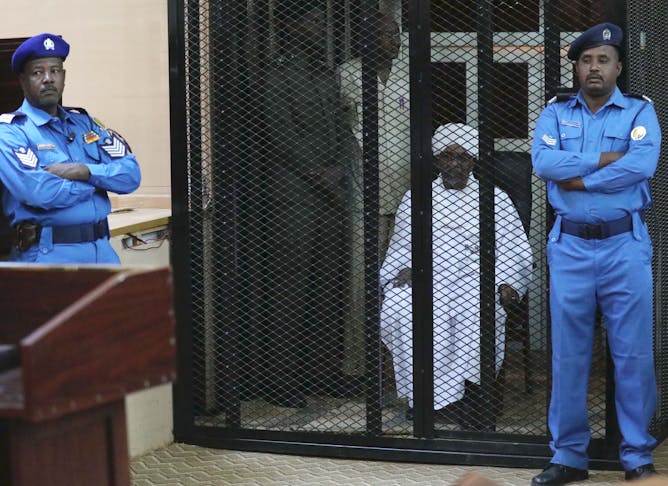
Omar al-Bashir may be gone but the freedom of the Sudanese people still hangs in the balance.
Morwan Ali/EPA-EFE
Andrew Edward Tchie, King's College London; Jihad Salih Mashamoun, University of Exeter
Despite the dismantling of Sudan's ruling party, the country's autocratic leanings still pose a threat to democracy.
|
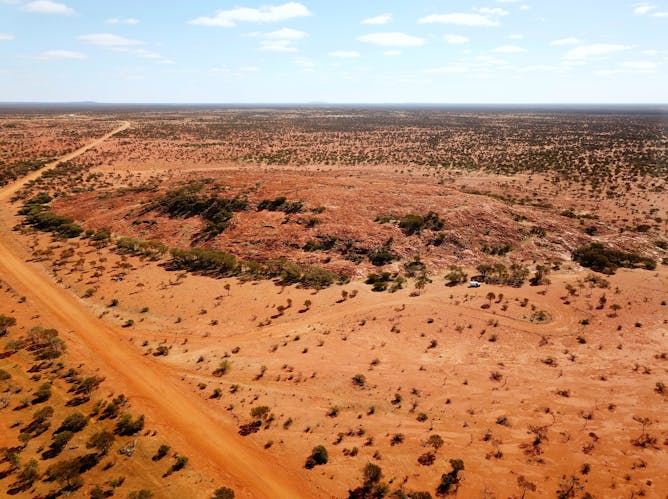
The ancient landscape at Yarrabubba preserves traces of the world’s oldest known asteroid impact.
Shutterstock
Aaron J. Cavosie, Curtin University; Chris Kirkland, Curtin University; Nick Timms, Curtin University; Thomas Davison, Imperial College London; Timmons Erickson, Curtin University
The Yarrabubba asteroid landed 2.2 billion years ago. Around the same time, the icy Earth went through a big thaw.
|
Education
|
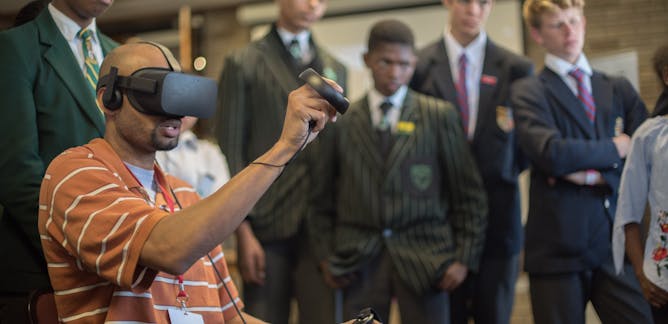
Craig Blewett, University of KwaZulu-Natal
A clearer understanding of teachers' needs is required if schools and universities are to be better prepared for a future where technology is key to teaching and learning.
| |

Luthfi T. Dzulfikar, The Conversation
Education minister Nadiem Makarim announced he would abolish Indonesia's national exams in favour of a PISA-style student assessments. We asked two experts how this policy should best be rolled out.
|
|
|
Environment + Energy
|
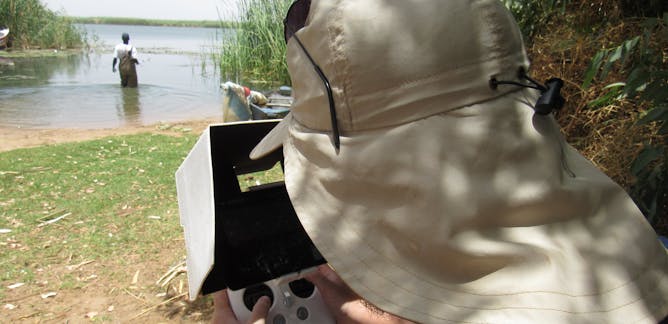
Chelsea L. Wood, University of Washington
Schistosome worms infect hundreds of millions of people worldwide. Researchers have discovered how to use inexpensive drones to identify disease hotspots in remote African villages.
| |

Seán Mfundza Muller, University of Johannesburg; Mike Muller, University of the Witwatersrand
The deluge of opinions and proposed solutions to South Africa's energy crisis reflects corporate and political interests.
|
|
|
Health + Medicine
|

Thomas Merritt, Laurentian University
How does one of the most popular drinks in the world actually work on our bodies?
| |

Deborah Bateson, University of Sydney; Kathleen McNamee, Monash University
The pill doesn't actually work 100% of the time. If you take the pill or are thinking about it here's how to use it for maximum effectiveness.
|
|
|
En Français
|
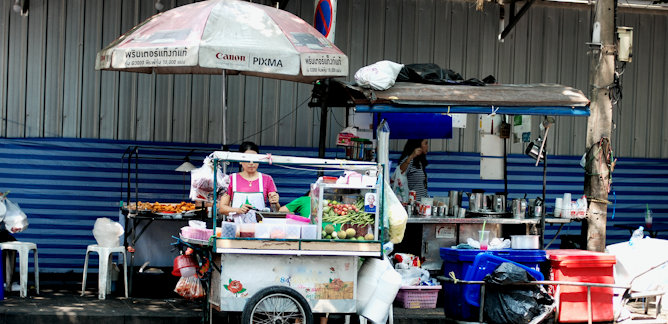
Gwenn Pulliat, Université de Montpellier; Carmen Dreysse, Ecole Normale Supérieure de Lyon
L’alimentation de rue est un aspect important du charme de Bangkok et de son attrait touristique. Un patrimoine culturel vivant que les autorités de la ville cherchent à contrôler.
| |
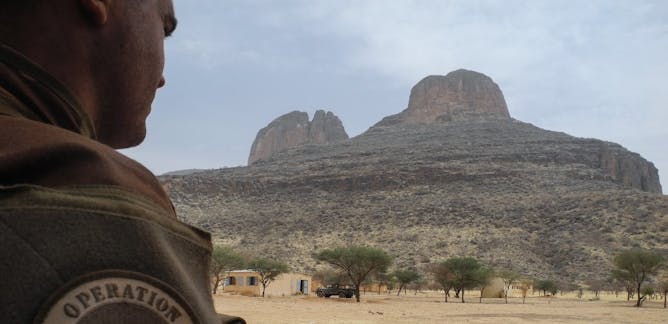
Marc-Antoine Pérouse de Montclos, Institut de recherche pour le développement (IRD)
Le sommet qui a réuni à Pau, le 13 janvier dernier, les dirigeants de la France et du groupe G5 Sahel a débouché sur quelques mesures qui ne suffiront pas à ramener la paix dans la région.
|
|
|